Resources
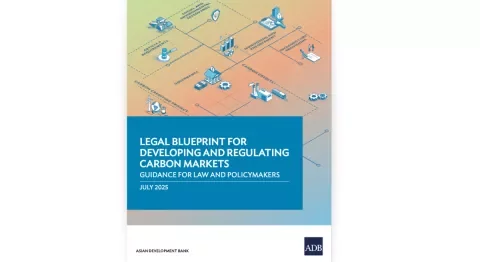
Legal Blueprint for Developing and Regulating Carbon Markets: Guidance for Law and Policymakers
The publication seeks to help governments foster an enabling legal and regulatory environment for carbon finance and private investment by promoting legal clarity for market participants, social and environmental integrity, and alignment with international standards.
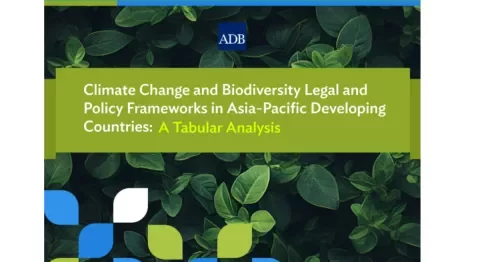
Climate Change and Biodiversity Legal and Policy Frameworks in Asia-Pacific Developing Countries
This resource provides a tabular analysis of legal and policy frameworks addressing the nexus between climate change and biodiversity among developing countries in Asia and the Pacific.
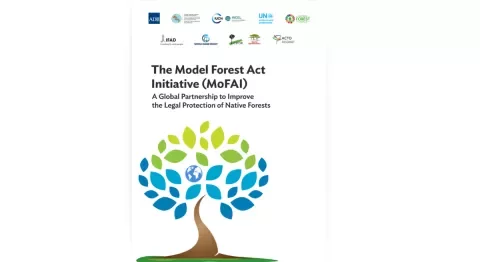
The Model Forest Act Initiative (MoFAI): A Global Partnership to Improve the Legal Protection of Native Forests
The MoFAI is a groundbreaking initiative to provide a comprehensive and innovative legal blueprint for legislators, policymakers, and other stakeholders in designing a modern legal framework for the protection, conservation, restoration, and ecologically sustainable management and use of forests.
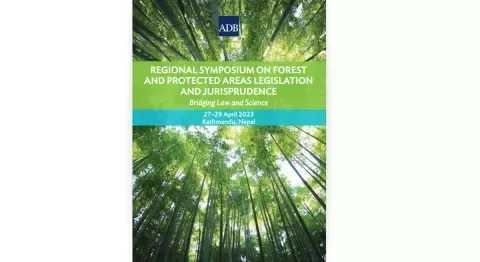
Regional Symposium on Forest and Protected Areas Legislation and Jurisprudence: Bridging Law and Science Post-Symposium Booklet
This Post-Symposium Booklet is based on the proceedings of the Regional Symposium on Forest and Protected Areas Legislation and Jurisprudence: Bridging Law and Science, held in Kathmandu, Nepal, from 27–29 April 2023.
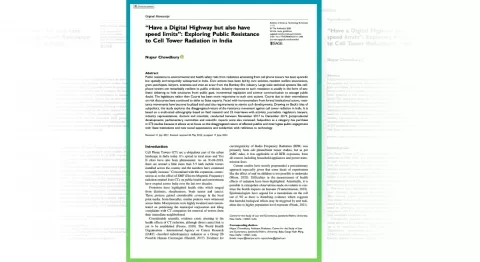
“Have a Digital Highway but also Have Speed limits”: Exploring Public Resistance to Cell Tower Radiation in India
Public resistance to environmental and health safety risks from radiations emanating from cellphone towers has been sporadic but spatially and temporally widespread in India. Civic actions have been led by civic activists, resident welfare associations, gram panchayats, lawyers, scientists and even an actor from the Bombay film industry. Large scale technical systems like cell towers are remarkably resilient to public criticism. Industry response to such resistance is usually in the form of aesthetic tinkering to hide structures from public gaze, incremental regulation and science communication to assuage public doubt. The legislature, rather than Courts, has been more responsive to such civic actions.
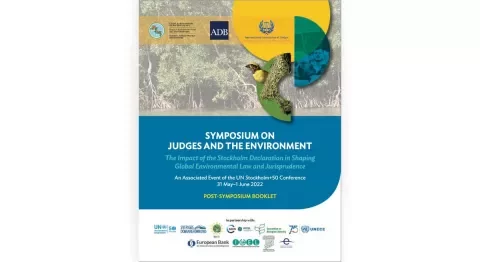
Post-Symposium Booklet: Symposium on Judges and the Environment | The Impact of the Stockholm Declaration in Shaping Global Environmental Law and Jurisprudence
SYMPOSIUM ON JUDGES AND THE ENVIRONMENT: The Impact of the Stockholm Declaration in Shaping Global Environmental Law and Jurisprudence An Associated Event of the UN Stockholm+50 Conference last 31 May–1 June 2022
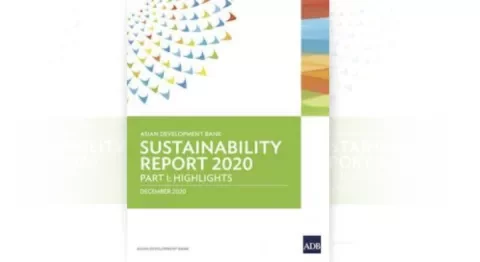
Asian Development Bank Sustainability Report 2020
The Asian Development Bank (ADB) Sustainability Report 2020 provides detailed information on the economic, social, and environmental impacts of ADB’s operations, activities, and institutional practices for 2018 and 2019.
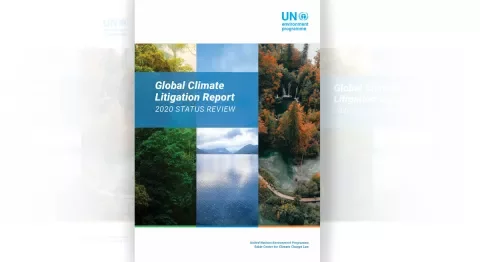
Global Climate Litigation Report: 2020 Status Review
The UNEP Global Climate Litigation Report: 2020 Status Review provides an overview of the current state of climate change litigation globally, as well as an assessment of global climate change litigation trends.
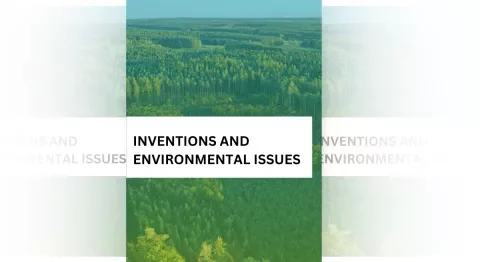
Patent and Human Rights: Inventions and Environmental Issues
The relationship between human rights and contributions to knowledge has been at the center of important debates over the past several years. The International Covenant on Economic, Social and Cultural rights is in many ways the most crucial legal instrument through which the relationship between the two fields can be examined. Firstly, it recognizes, for instance, the rights to health, food and technology, which are some of the rights whose realization can be affected in developing countries that adopt or strengthen intellectual property rights framework based on the commitments they take under the TRIPS (Trade related aspects of Intellectual Property Rights) or other intellectual property. Secondly, it recognizes at Article 15(1) C, the need to reward individuals and groups that make specific intellectual contributions that benefit society.
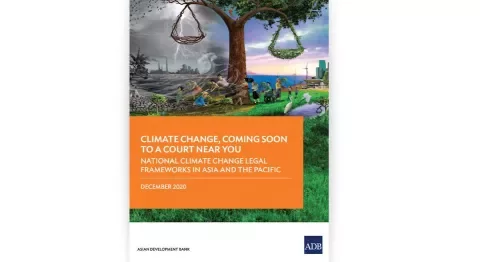
Climate Change, Coming Soon to a Court Near You: National Climate Change Legal Frameworks in Asia and the Pacific
Report 3 provides holistic syntheses of the climate legal and policy frameworks of 32 countries in Asia and the Pacific and discusses key legislative trends and climate-relevant constitutional rights.